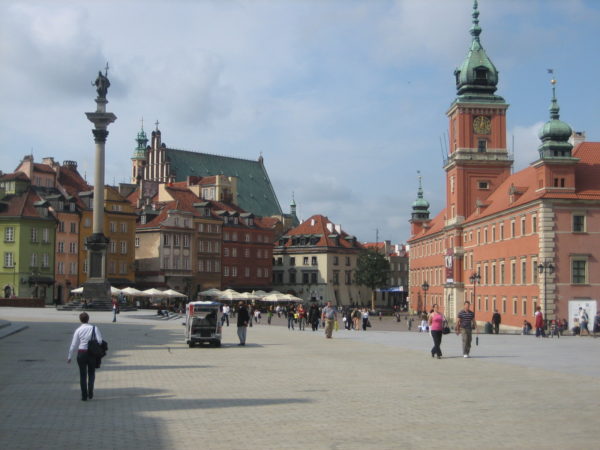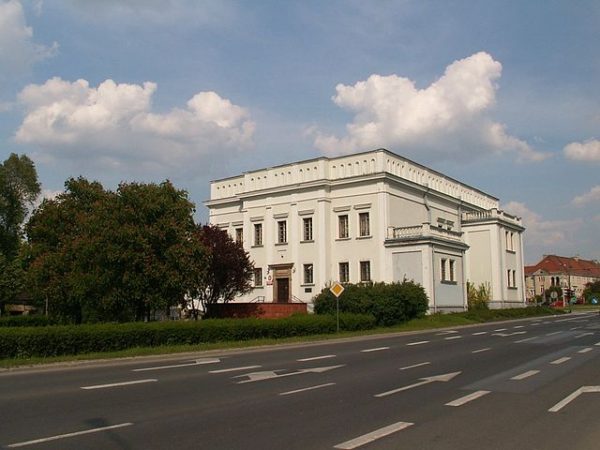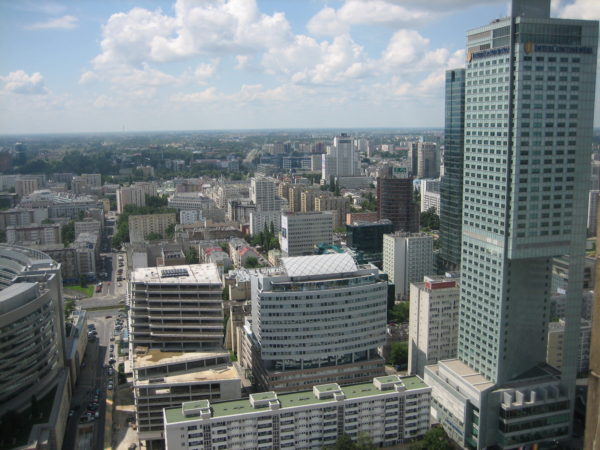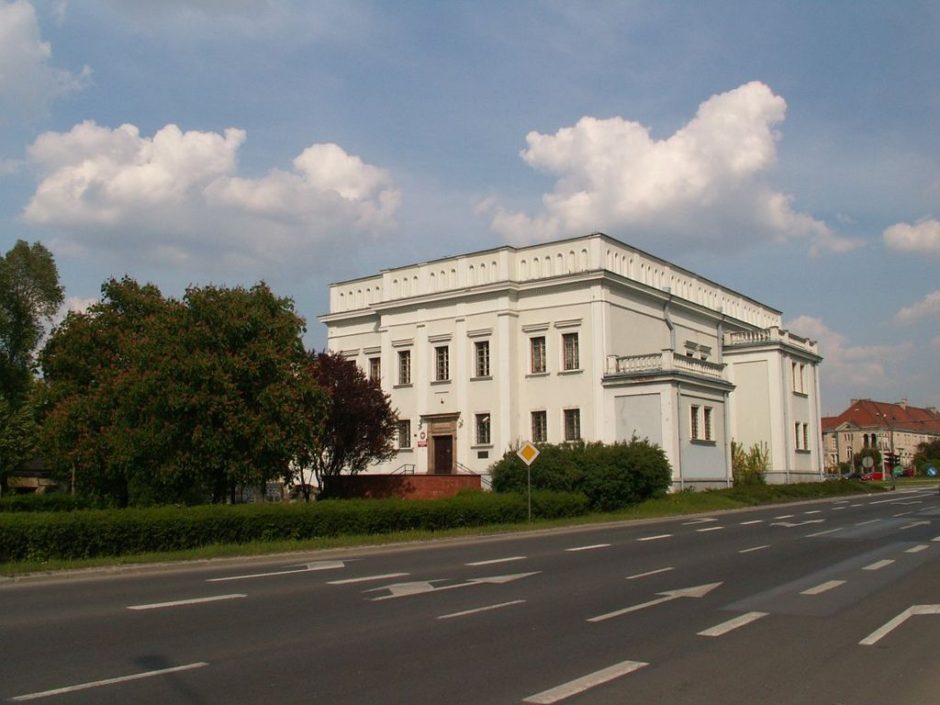
Seventy one years have elapsed since the end of World War II, yet Poland still labors under a dubious distinction.
It’s the only country in the former Soviet bloc that has not enacted restitution legislation that would enable Polish Jews and their heirs to reclaim personal properties they lost during the Holocaust and the Communist eras, according to the Conference on Jewish Material Claims Against Germany.

This is a lamentable and unjustifiable situation. Indeed, the mayor of Warsaw, Hanna Gronkiewicz-Waltz, regards it as “the biggest sin of the Polish state.”
Let’s be clear.

Jewish holdings designated as communal property — synagogues, buildings and cemeteries — have been returned to the Jewish community by the Polish government since the war.

But properties that were owned by individuals have yet to be handed back to Jews, or Christians, for that matter.
Under Polish law, former owners are permitted to pursue their cases in Polish courts, but the process is complicated, expensive and lengthy. Some claimants have won compensation payments in lieu of properties, but the vast majority are still seeking justice.

Now comes word that the constitutional court in Poland has upheld a 2015 law that greatly limits the rights of former owners and their descendants to file claims for properties seized by Nazis and Communists in Warsaw.
Gideon Taylor, chairman of operations at the Jerusalem-based World Jewish Restitution Organization, has correctly described the ruling as “very unjust.”
As he put it in a statement on July 27: “This decision highlights the need for Poland, at long last, to do what all other countries in the former Soviet bloc have done: establish a national program to provide all Jewish and non-Jewish former owners, and their families, the opportunity to claim restitution or compensation for their property confiscated during the Holocaust and by the Communist authorities.”

This is really a moral rather than a legal issue.
Poland fears that an avalanche of successful restitution claims would place immense stress on its economy. This is not an unreasonable concern. Poland, after all, is not a wealthy country like Germany, which has made amends for Nazi crimes by having paid Holocaust survivors billions of dollars in restitution payments.
Nonetheless, Poland has a compelling duty and a national obligation to deal forthrightly with its past and turn a new page. And with a little help from the international community, Poland can do it in incremental steps.
It’s abundantly clear that Poland cannot continue to sweep this important issue under the rug any longer.
Poland should do the right thing and resolve it as soon as possible.
